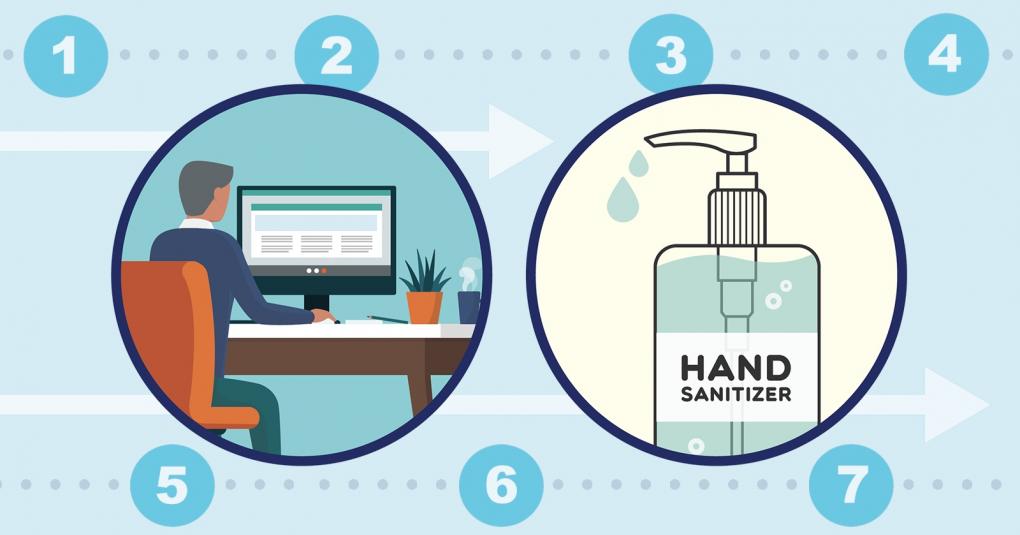You asked: Is my hand sanitizer safe for my family to use?
Published 4:22 pm Friday, September 18, 2020

- FDA / The FDA cautions users of hand sanitizer to make sure the one they are using is safe.
Q: Is my hand sanitizer safe for my family to use?
A: Probably so.
Is hand sanitizer something everyday people should be concerned about? Well, the FDA thinks so.
On June 19, just over 14 weeks into the COVID-19 pandemic, the Food and Drug Administration released its first warning concerning hand sanitizer.
The warning listed 10 specific hand sanitizers to avoid using due to the presence or potential presence of methanol — wood alcohol — which can be toxic when absorbed through the skin or ingested.
Since then, the FDA has released eight updates.
The products warned against are labeled to contain ethanol — also known as ethyl alcohol — but have tested positive for methanol contamination. In its July 2 update, the report warned, “The agency is aware of adults and children ingesting hand sanitizer products contaminated with methanol that has led to recent adverse events including blindness, hospitalizations and death.”
FDA cautioned consumers exposed to methanol-containing products to seek immediate treatment for potential reversal of toxic effects, including nausea, vomiting, headache, blurred vision, permanent blindness, seizures, coma, damage to the nervous system or death. Anyone who ingests the product is at a higher risk.
Washing with soap and water for at least 20 seconds is the recommended method to clean one’s hands, according to FDA and the Centers for Disease Control and Prevention, but if soap and water are not readily available, use of an alcohol-based hand sanitizer containing at least 60% ethanol is recommended.
No hand sanitizers have been FDA approved, and none have been proven to provide prolonged protection — such as up to 24 hours — or completely prevent the spread of viruses.
Some sanitizers have been recalled and more than 150 are on the FDA’s “Do-Not-Use List,” which can be accessed online at www.fda.gov/handsanitizerlist. The list is updated regularly to include any new test results. The list can be searched by product or brand name, manufacturer, distributor or National Drug Code number.
If your hand sanitizer appears on the list, stop using it immediately. Do not flush or pour the contents into a drain or mix it with other liquids. It should be disposed of as a hazardous waste.
Only ethyl alcohol and isopropyl (2-propanol) alcohol are acceptable alcohols for hand sanitizing. Sanitizers containing methanol or 1-propanol alcohols should not be used due to toxicity.
Hand sanitizers should also be kept away from pets and never used on paws or skin — this can cause alcohol poisoning, serious health problems or death. If your pet gets hand sanitizer on its skin or accidentally ingests it, call your veterinarian or an animal poison control service immediately.






